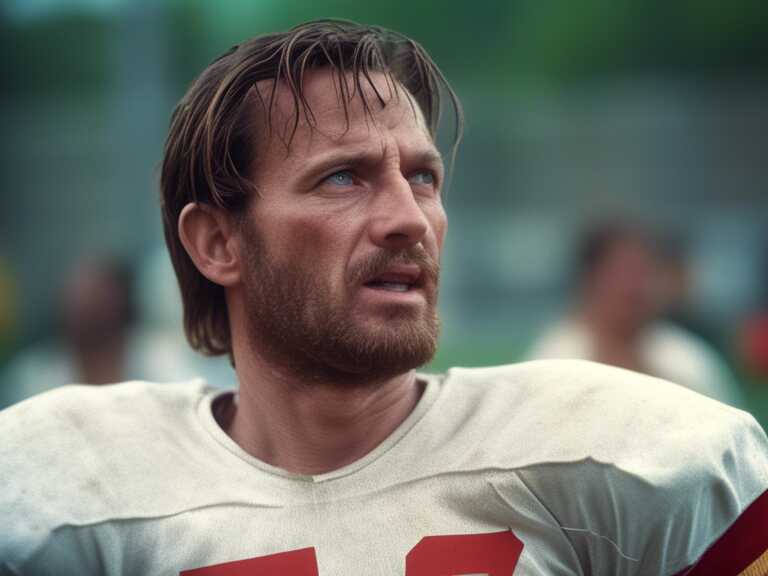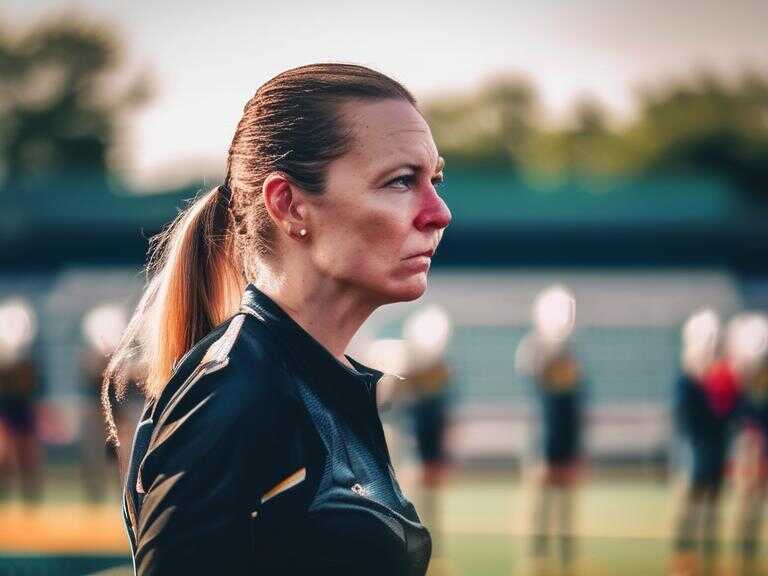
Unregistered Agent Linked to UNLV Quarterback's Exit Sparks Controversy in College Football NIL Landscape
UNLV quarterback Matthew Sluka quit due to unfulfilled NIL promises, revealing chaos in the NIL landscape, including unregistered sports agent Marcus Cromartie's involvement.

The recent departure of UNLV quarterback Matthew Sluka after a strong 3-0 start has exposed deeper issues in the NIL landscape, illuminating the chaos that surrounds it. One seemingly minor detail symbolizes this turmoil: the Nevada Secretary of State's office has no record of Sluka's agent, Marcus Cromartie, as a registered sports agent in the state, as confirmed by a spokesperson for the state's SOS office to CBS Sports.
Opaque Agent Representation
Blueprint Sports CEO Rob Sine initially disclosed to Yahoo Sports that Cromartie, representing Sluka, is not a registered sports agent. This lack of proper registration appears to have been acknowledged by Cromartie himself in his statements to ESPN, where he asserted that Sluka departed from UNLV due to an unfulfilled NIL promise of $100,000. Cromartie, associated with Equity Sports and boasting high-profile NFL clients such as Patrick Mahomes, adds a layer of complexity to this unfolding narrative, especially considering his ties to former NFL players and his relatively recent introduction to Sluka, as stated by Sine.
This lack of registration raises questions about the transparency and legitimacy of agent representation, a concern echoed by the UNLV athletics department's spokesperson. In a statement on the matter, the spokesperson emphasized that UNLV does not engage with what it interprets as violations of NCAA pay-for-play rules and does not respond to implied threats. This response hints at the contentious nature of the situation and underscores the potential clashes between involved parties.
The intertwining of NIL, sports representation, and regulatory oversight exposes the uncharted waters within which athletic institutions navigate. It further highlights the challenges faced by authorities in ensuring compliance with existing laws and regulations, particularly in a rapidly evolving landscape where traditional regulatory frameworks are struggling to keep pace.
Political Implications and Future Prospects
The political implications of this episode extend beyond individual contractors, as they loom large over the future of NIL governance. In 2023, Nevada introduced a bill aimed at making high-dollar NIL disclosures public while empowering the state's Secretary of State with enforcement capabilities. However, the failure of this bill to pass indicates the difficulties in striking a balance between fostering transparency and protecting the interests of stakeholders in the sports industry.
The spokeswoman for Nevada's SOS office refrained from confirming or denying the potential launch of an investigation into Cromartie's conduct, further adding to the uncertainty surrounding this affair. Nevertheless, the office's engagement in the matter accentuates the implications for NIL governance and the potential outcomes that may arise from this ongoing saga.
While complaints from aggrieved parties, such as players or schools, typically serve as a starting point for investigations, the exception to Nevada's Uniform Athlete Agents Act introduces a new dimension to this scenario. The possibility of Cromartie's failure to comply with this act, as defined by unauthorized communication and delayed registration, may serve as a focal point for any upcoming investigation into the matter.
The absence of coherence in the current regulatory landscape allows for a degree of latitude that undermines the integrity of NIL transactions and the welfare of student-athletes. As the landscape continues to evolve, the lack of uniform enforcement across states further exacerbates the challenges faced by stakeholders in navigating the intricacies of NIL, particularly in light of the discrepancies and uncertainties surrounding agent representation.
This incident exposes the vulnerable seam between NIL regulations, agent conduct, and institutional responses, highlighting the pressing need for a cohesive and enforceable framework to safeguard the interests of athletes and institutions alike. As the dust settles on this episode, the broader implications for NIL governance and the role of sports agents in this evolving landscape remain to be seen.
Share news















